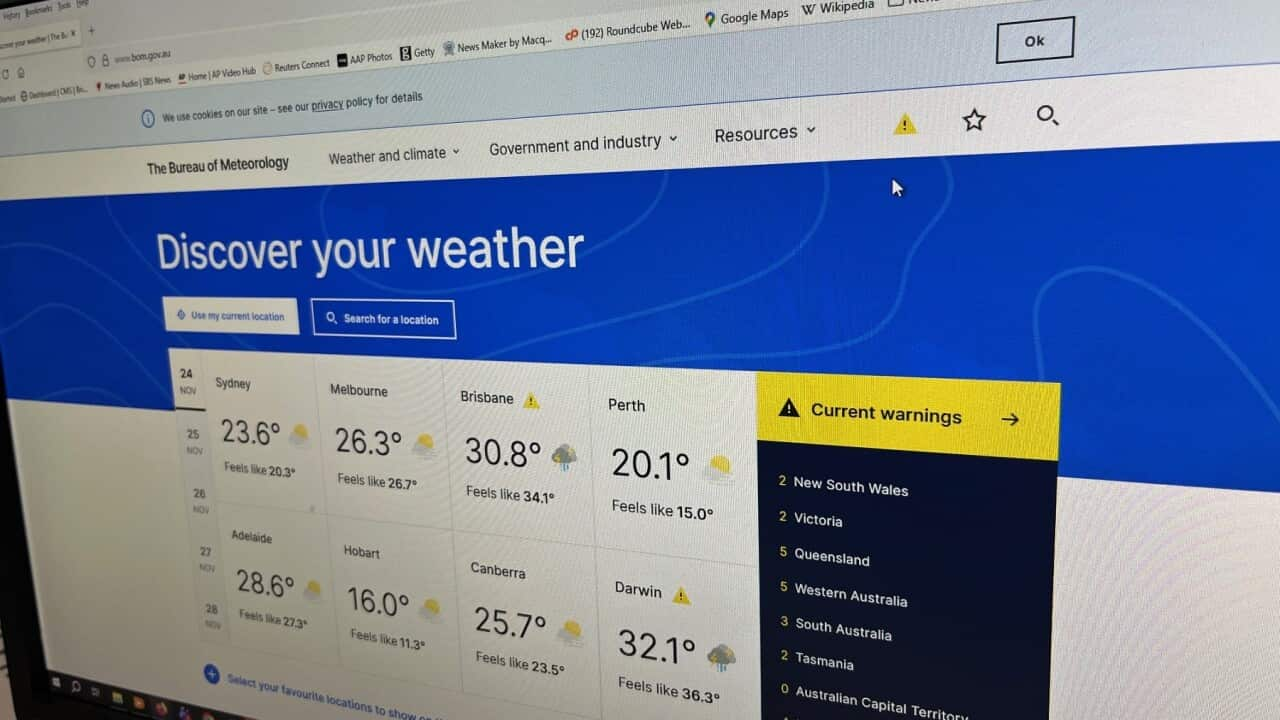When 11-year-old Adaia Perez first heard of the devastating news about COVID-19 in January last year, most of her friends and Australia at large remained oblivious until the virus finally landed on our shores.
Research by Kids Helpline in May last year showed that 39 per cent of its younger callers felt anxious or worried about returning to a normal school and work-life
A year on, schools around the country have learnt to manage changes amid the COVID-19 pandemic and largely stayed away from transmissions according to Associate Professor Asha Bowen, a paediatric infectious diseases specialist at the Telethon Kids Institute in Perth.
Sydney paediatrician and infectious diseases specialist Dr Archana Koirala says the research found that even without physical distancing within schools, preschools and in play, children don’t seem to be a real risk factor in transmissions.
The Australian Department of Health website states that only 4.5 per cent of COVID-19 cases have been in school aged children.
Meanwhile, Dr Bowen’s studies show a lower rate of transmission at New South Wales schools drawing from the example of SARS-CoV-2 cases linked to schools up to the end of term three last year.
Out of nearly 6000 contacts traced only less than one per cent of transmission occurred.
For that reason, Dr Koirala recommends that children over the age of 12 wear a mask on public transports.
The Australian public health advice does not require children under the age of 12 to wear masks.
But Dr Bowen says that could change when outbreaks occur. For now, she is not too concerned about the new overseas variants as community transmissions from these strains have not yet been recorded.
Trying to protect kids at all odds and asking them to wear masks right now is probably going to reduce their willingness potentially at a time when it's needed. I think right now we don't need kids to wear masks in schools, but we need to be quite conscious of the changing environment and those changing messages as transmission changes.”
Born to an Asian mother, Brisbane-based Perez wore a mask in public throughout the holidays even when she attended private tutorial lessons.
Taiwan-born Yuna Chao has two school-aged children.
She says her children are familiar with the Taiwanese way of wearing masks in public and in schools which is accepted as a social norm.
While it is not part of the Australian culture to wear a mask in everyday life, Julianne, a Brisbane paediatric nurse suggests role-playing at home to familiarise your children with wearing one in case the health advice changes.
Dr. Bowen says while practicing at home helps, parents, need to teach their children the correct procedures of putting on and taking off a face mask.
Julianne believes hand hygiene is more important than asking young children to put on a mask.
She stresses that it is vital that children with cold and flu symptoms to stay away from school.
A sixth grader this year, Perez has already been through two schools and is about to start a new school. She is excited about meeting new friends.
For children who are anxious about meeting new friends, Perez suggests friend hunting.
She is not fazed by the possibility of remote learning during outbreaks as technology has kept her friendships flourishing throughout last year’s lockdown.
“I would speak to my friends from my computer. I would say hi and ask them what they are doing at school. They would respond to them. We would smile, do things and play together on the computer.”
For high school students who are worried about catching COVID-19, Dr Archana suggests forming your own friendship bubble.
For emotional support targeting children and young people under the age of 25, call Kids Helpline anytime on 1800 55 1800.
If you need language help, call the national translating and interpreting service on 13 14 50 and ask for your designated service.





